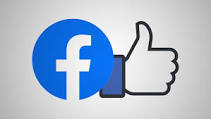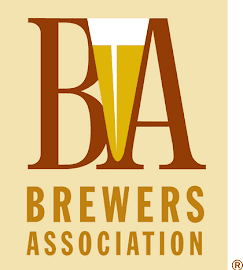Apple, Inc and EMI announced on Monday that the entire EMI music catalog will soon be available for download without DRM restrictions.
It will be sold in Apple's AAC format as opposed to the more ubiquitous (if proprietary) mp3 format, and will cost 30¢ more per song. But that's okay!
DRM stands for digital rights management. It prevents in some fashion the copying of downloaded music. It often creates compatibility issues between various playback devices or mp3 players. Here's more about that and why I believe DRM has been counter-productive for the music industry ... and music listeners such as me.
EMI's action may be in response to the soft sales of CDs, but whatever the reason, it's a step in the right direction. There will still be lots of money to be made for Apple, Inc. and EMI. Other music labels may observe this and follow suit in some form or another.
And here's Washington Post columnist Rob Pegararo's take (as well as a large slew of readers' comments).
And, from a New York Times article:
The rest of the piece ...EMI Group, the British music giant, broke ranks with the music industry’s biggest corporations yesterday by announcing a deal to sell songs online through Apple’s music service without copy protection.
The move by EMI, which ranks last among the four music companies in sales of new music in the United States, represents a significant change of course at a time when the music industry is straining to bolster digital sales as the business of selling the two-decade-old compact disc format continues to erode.
Like the industry’s other major companies, EMI, home to groups like the Rolling Stones and Korn, had long insisted on the sale of its music online with electronic locks to reduce piracy.
The shift means that consumers who buy music by EMI acts may have an easier time navigating the current jumble of incompatible software in the digital music world. Consumers who buy the unprotected music from the iTunes store will be able to play the music on a variety of devices — not just iPods — and be able to burn unlimited play lists of songs.
The unprotected music will come at a higher price, $1.29 a song, though Apple said the songs would have better sound quality. Standard-quality versions of the same songs, with copy protection, will still be available for 99 cents. But to entice more consumers to buy full albums, Apple will sell albums from EMI artists — without the antipiracy software and in the higher quality — for the regular price, which is generally $9.99.
Many analysts viewed the deal, announced in London by EMI’s chief, Eric L. Nicoli, and Apple’s chief, Steven P. Jobs, as a first step in a broader shift toward all music being sold without antipiracy software. Some expressed hope it could also jumpstart digital sales for the music industry. Since the start of the year, the slide in plastic CD sales has accelerated, down more than 20 percent, according to Nielsen SoundScan data.











No comments:
Post a Comment
Comment here ...